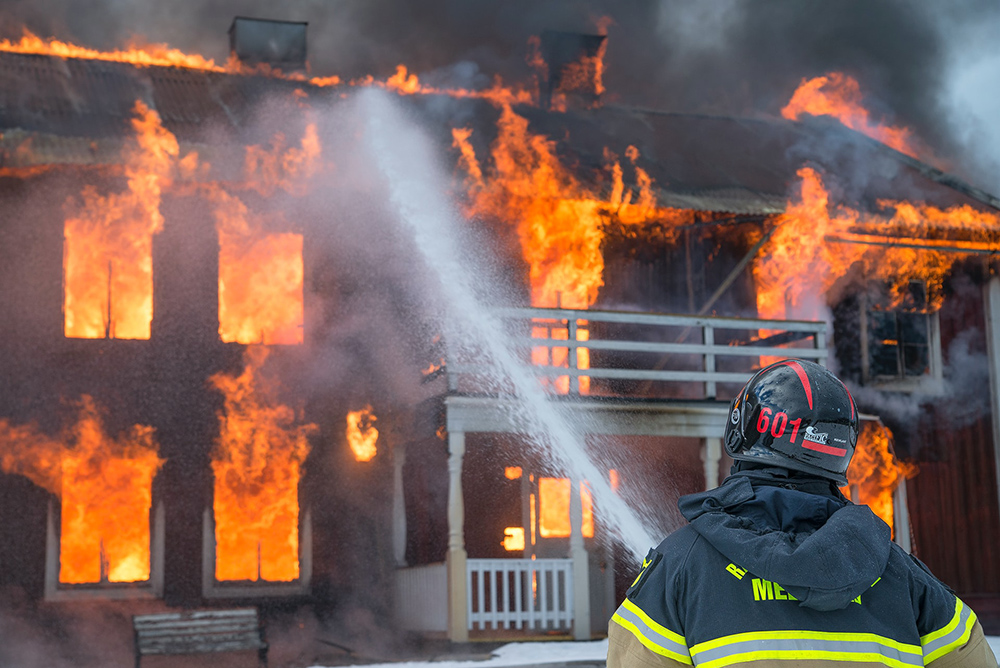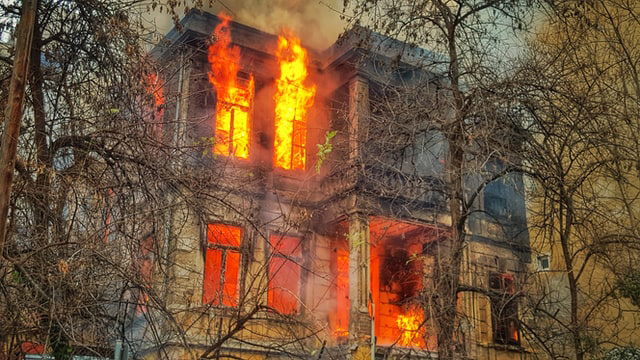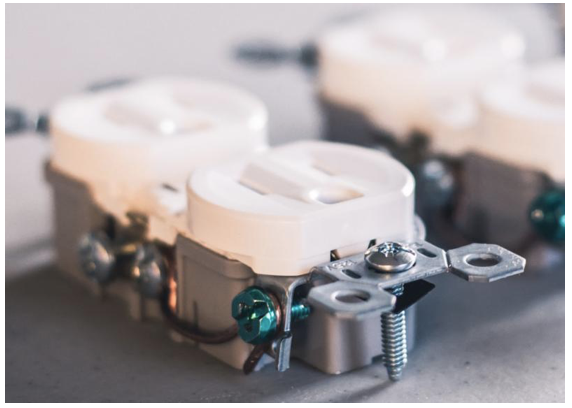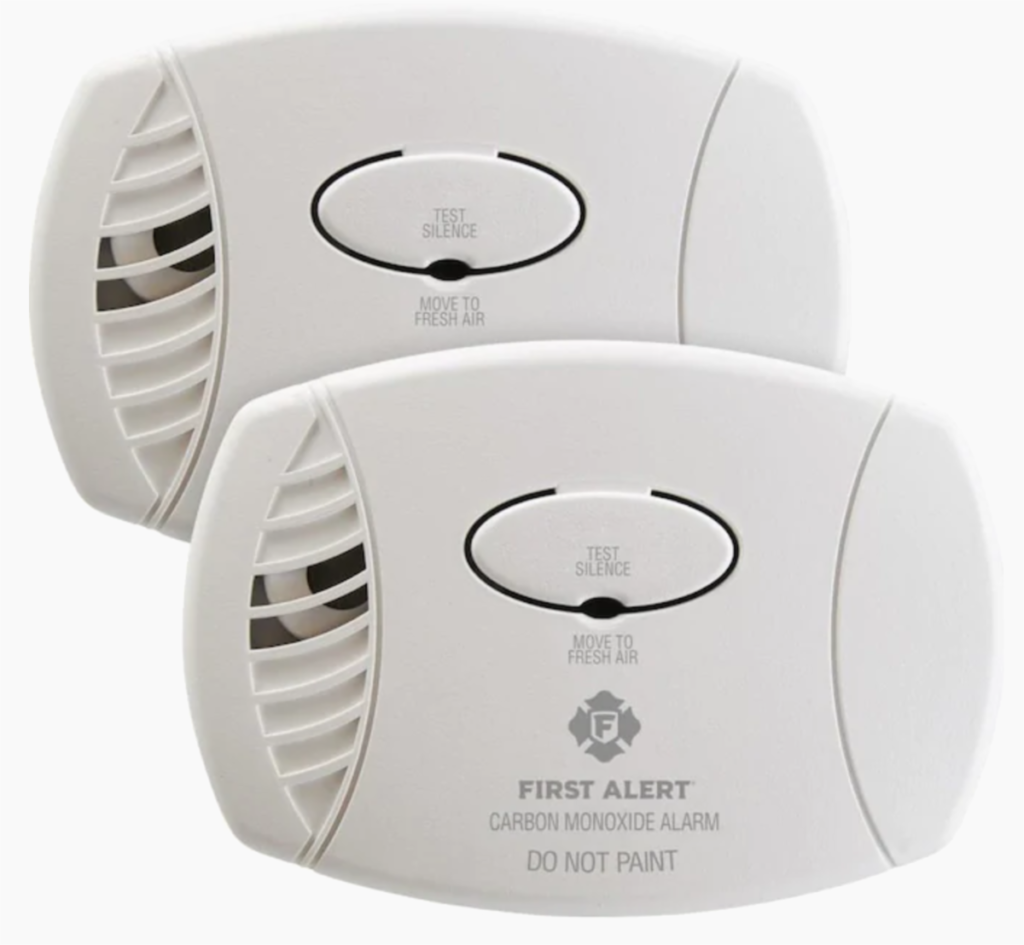
Photo by Daniel Tausis on Unsplash
When it comes to injuries and fatalities, most accidents occur in the home. The National Safety Council says home deaths occur every 16 minutes, and one disabling home injury happens every four seconds. The plain truth is that most accidents are preventable. With a combination of knowledge and good, common sense, you can make your home a safer and happier place. Here are some important things to know to keep your home and family safe.
Where there’s smoke…

Photo by Chris Karidis on Unsplash
The key to surviving a house fire is early detection. Minutes (and sometimes seconds) count. Be sure to have smoke detectors installed close to bedrooms. The best smoke detectors are electrical with a battery backup. These emit a shrill, piercing tone that will alert you when smoke is detected. The battery is there in case power goes out. Be sure to change your battery at least once a year, and preferably twice (spring and fall). Also, be sure to test your smoke detector by pressing the test button monthly. A non-functioning smoke detector is no better than having none at all. Place fire extinguishers throughout your home. Inspect them regularly according to specifications, and be sure you and family members (including children) know how to use them. Click here to learn about types of fire extinguishers and their proper use. Keep winter fire starter items in a safe, closed container away from sources of combustion, such as stoves, water heaters, pilot lights, etc. Home supply stores sell plastic, lidded bins that are excellent for storing these items. Keep flashlights and backup batteries on nightstands or close to beds, and in other areas, such as living rooms, dens, and kitchens. Formulate a fire escape plan with your family, and practice it until everyone knows it by heart. Read more about fire escape plans here. If bedrooms in your home are above ground level, keep a collapsible escape ladder available for each room. A variety of models and types are available at most home supply stores. Keep a disaster preparedness kit stored in an accessible place. Check and refill it each spring and fall.
The shocking truth

Like all accidents, electrical injuries can be prevented. Begin by checking the condition of all electrical sources. Inspect all your home outlets, and replace damaged or cracked covers. If an outlet feels warm to the touch, there is something wrong! Contact an electrician to have the outlet fixed or replaced. Also, check all cords and wires for damage. Do not use appliances that have damaged cords; have them repaired or replaced immediately. Install ground fault circuit interrupters in wet areas such as kitchens, bathrooms, laundry rooms, and garages. If you are not familiar with electrical repair, it’s best to let an electrician handle this task. Keep small appliances away from water sources. For example, don’t keep a plugged-in hair dryer near the bathtub or near a water-filled sink.
Big ba-da-BOOM!

Natural gas and propane are fabulous conveniences. They can cook our food, heat our water, and heat our homes in the cooler months. However, to use gas safely, you need to be familiar with a few strict rules. Know the warning signs of a gas leak. If you detect a strong sulfur smell (like rotten eggs) get out of the house quickly. DO NOT turn anything connected to a power source on or off. Just get yourself and your family out of there, and call 911 and your gas company from your cellphone outside or from a neighbor’s house. Ignoring signs of a gas leak can lead to fire or explosions and fatalities or serious injuries. Keep carbon monoxide detectors in your home if you use gas appliances. A malfunctioning gas appliance may emit lethal levels of CO2. A carbon monoxide detector emits a shrill tone, similar to a smoke detector, to warn you before CO2 levels become incapacitating. Be sure to test your detector according to manufacturer’s instructions. Inspect all gas appliances periodically. If you are unsure of how to do this, call your gas company to arrange an inspection. Never keep flammable materials, such as furniture, curtains, or papers close to a gas heater. Always leave at least three feet of clearance between the heater and flammable items. As you can see, most accidents don’t just happen. They are the end result of carelessness and unpreparedness. Take the time and energy to educate yourself and your family, and you will be able to enjoy your home safely for many years to come.
Call Peter Young Home Inspections
Buying or selling a home? Never sign any contract without first getting a home inspection! Call Asheville Home Inspector Peter Young, 828-808-4980, or click here to make an appointment today.